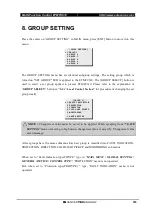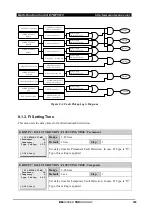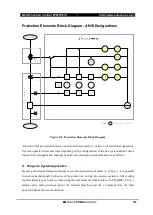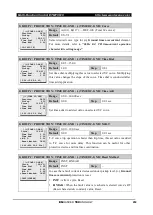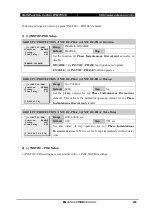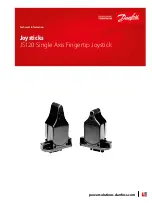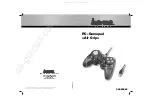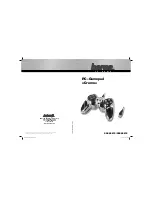
Multi-Function Control ETMFC610
http://www.entecene.co.kr
195
EN
HANCED
TEC
HNOLOGY
8.2.1. Phase Time Overcurrent (51P)
The ETMFC610 has a phase time overcurrent element that decides whether it is overcurrent or not
using the phase current of CT second. The phase time overcurrent element offers the trip lag time
that accords to the fault current due to the set value applied inverse time curve such as pickup
current, applied T-C curve, applied T-C curve's time dial, applied T-C curve's time adder, minimum
response time(M.R.T), fault reset method and low set definite time. Due to the inverse
characteristic of this applied T-C characteristics, the trip operates slowly if the fault current is low
and the trip operates faster as the fault current gets bigger(only, the current should be higher than
the phase pickup current setting value in to operate the trip). The phase time overcurrent element is
enabled in the group settings and PROTECTION ENABLED in user interface panel.
The phase time overcurrent element can do smooth protection cooperation with other protection
elements of ETMFC610 and external devices of the power supply system each, due to various T-C
curves, time dial and time adder. The ETMFC610 provides ANSI curve, IEC curve, ES curve and
non-standardized T-C curve.
There are two types of overcurrent fault reinstation(reset) methods: instantaneous and linear mode.
The reinstation method for the linear mode is applied with operating the ANSI, IEC, ES and USER
curve. The reinstation method for the instantaneous mode is used for the cooperation with devices
that do instantaneous reinstation such as the CB inside the power supplying system or other
protection element. In the instantaneous reinstation method, the phase time overcurrent element is
immediately reset when the current measured for one cycle drops below the phase pickup current
setting value. In the linear reinstation method, the CB is used for the cooperation with the
protection devices that demand lag time for reinstation like the mechanical relays.
Figure 8-9. Phase Time Overcurrent(51P) Logic Diagram



